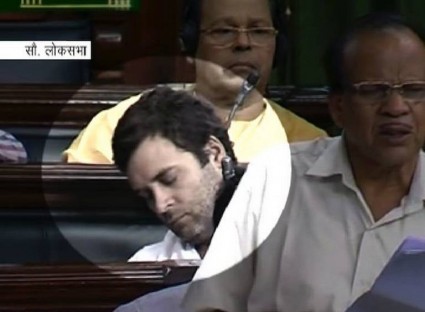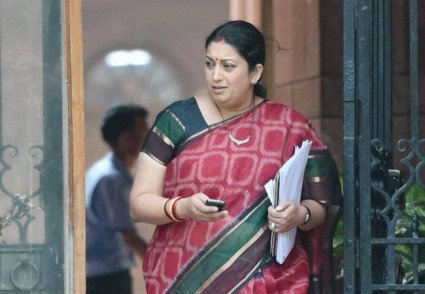This is a guest column published today in the Sunday Times of India edit page.
There are few things as satisfying as being macho on social media, and this is quite the season for it. After the terrorist attack in Uri, every Righteous Internet Patriot (RIP) wants our government to teach Pakistan a lesson by going to war. I have two things to say about this: One, it is the worst of all available solutions; Two, it is the best possible stance to take. Let us unravel that.
War is a solution that would be worse than the problem. Let’s look at this conflict using the metric of human lives. A rational aim of any solution would be to minimise the loss of Indian lives. What is the cost we currently bear through Pakistan-sponsored terrorism?
In a reply to an RTI petition this July, the government of India stated that 707 Indian lives have been lost to terrorism since 2005. Over 11 years, that comes to 64 deaths a year. If the status quo is maintained, with the usual empty diplomatic posturings, this figure should not rise too drastically. But what if, in an exasperated search for closure, we go to war?
A modern war with modern weaponry could cost us tens of thousands of lives, and maybe millions if it turns nuclear. (This does not take into account downstream effects on survivors, the economy, the environment and so on, all of which would blight the future.) Whatever the precise number, the cost of war would be orders of magnitude worse than even the long-term cost of the status quo. For any rational person, therefore, war is off the table.
This creates an obvious problem. If the rational course for India is to avoid war no matter what happens, then Pakistan can keep escalating with impunity. They could kill hundreds of Indians a year, or even thousands, confident in the belief that because we are rational, because we can do the math, we will be restrained. So what are we to do?
The field of game theory contains an insight to this dynamic. The game most relevant to two nuclear powers is called Chicken. Here’s an illustration: two cars are racing towards each other, and a crash is imminent. (Mutually Assured Destruction.) The driver who loses his nerve and swerves first loses the game. Now, every rational driver will swerve before he crashes into the other guy. So a surefire way to win the game is to convince the other guy that you are irrational, prepared to die, and will not concede. (One way of doing this is by breaking the steering wheel and throwing it away.) Your opponent, if he is rational, must swerve.
Pakistan has played this game brilliantly with a so-far rational India. Their venal generals and mad mullahs, the world believes, are capable of going nuclear at any provocation. India’s rationality and restraint is applauded in diplomatic circles—but we’re being pwned in the geopolitical sphere by Pakistan.
One way out is for India to portray itself as equally irrational, and show a willingness to go nuclear—even if we actually remain rational and intend to avoid war. Richard Nixon did this during the Cold War in 1969, when he ordered the US army to full war-readiness, and sent 18 B-52s loaded with thermonuclear weapons towards the Soviet border, where they flew around in pretty oval patterns for three days. The Soviets, who weren’t exactly ballerinas themselves, were spooked. Nixon called this ‘the Madman Theory’.
Recent Indian prime ministers would have had a tough time portraying themselves as mad men. (Imagine Manmohan Singh letting off an evil laugh.) But Narendra Modi seemed to be suited for the role – until he became PM. Ironically, the rhetorical belligerance that Modi articulated towards Pakistan while on the campaign trail has been replaced by a subdued, reasonable demeanour on the world stage.
Modi cares deeply about how the world views him, and wants to be seen as a mature statesman. Sadly, he has succeeded. This is reassuring to those of us who fear excessive military adventurism—I live in Mumbai and would be bummed if Pakistan nuked my beloved city—but is counter-productive when it comes to dealing with Pakistan. If Pakistan’s generals saw Modi and his minions as unhinged reactionaries driven by bigotry, Islamophobia and a virulent nationalism, they might back off. But regardless of how he is regarded in JNU, his image on the global stage is exemplary. On all his foreign visits, he comes across as an avuncular dove, a personable connoisseur of the photo-op.
Our conflict with Pakistan will not be ended by diplomacy. China supports Pakistan, America needs Pakistan for Afghanistan reasons, and all diplomatic manouvering on this subject is just theatre. To get Pakistan to stop poking us, we have to play the game. Modi has so far been a master of optics – and playing Chicken with Pakistan is his greatest challenge yet.

